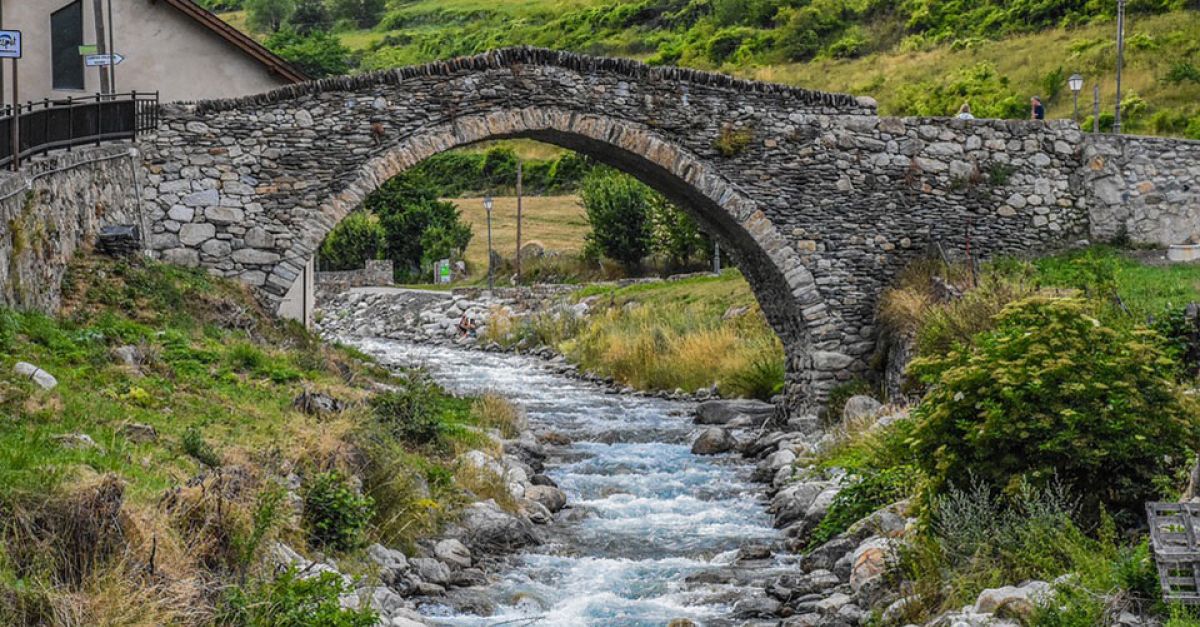
Water Resilience Strategy: Water services welcome integrated approach but expect more concrete action
EurEau welcomes the European Commission’s Water Resilience Strategy, published yesterday. This is a milestone which puts this precious resource higher in the European agenda and acknowledges its strategic value for resilient societies.
The strategy rightly takes a comprehensive approach to water resilience. We are pleased that the Commission makes a clear link between water quality and quantity, and recognises the need for a holistic approach to water.
Water is central to life and affects every aspect of our existence. Water protection must be mainstreamed into EU goals and into all policy areas. Much of the necessary legislation to do this is already there; it needs to be better implemented.
Many of the tools required to achieve this protection feature in the strategy. A more integrated water resource management, including measuring all water abstractions, is still not a reality in all parts of Europe. The proposal to use common climate reference scenarios can also foster more coherent water management and adaptation action, particularly across transboundary river basins. To build future-proof infrastructure, we agree that both nature-based and “grey” solutions will be needed, but that the former should have priority.
On some aspects, however, the Strategy falls short. While we welcome the call for an improvement of water efficiency by 2030, we regret the absence of a target to reduce overall freshwater use. Water efficiency should not be a goal in itself but a tool for reducing pressure on Europe’s increasingly stressed water resources.
In addition, we should be aware of the risks of drawing excessive parallels between water and energy. Unlike for energy, water quality matters at least as much as quantity.
Central to water resilience is effective pollution control at source. While the strategy underlines its importance in principle, it remains short on details. This omission is particularly glaring in the case of PFAS, where specifics focus only on clean-up and remediation efforts. To fulfil the stated ambition of restoring the water cycle and its purifying role, we must prevent hazardous man-made molecules from entering the natural system. Cleaning up an ever-increasing accumulation of persistent PFAS in water and soil is not realistic without stopping further emissions in the first place.
The water sector is a financially intense one. Our infrastructure is extensive, large and costly. This infrastructure is also aging and needs not only updating, but also upgrading to face new challenges such as climate change, emerging pollutants and stricter regulation requiring additional treatment processes. Several years ago, the OECD assessed the sector’s investment needs to stand at €255 billion – that was before the new Drinking Water Directive and Urban Wastewater Treatment Directive came into effect with their additional demands.
This is why we insist that Extended Producer Responsibility under the 2025 recast Urban Wastewater Treatment Directive must be implemented without delay. Polluters simply must pay for the pollution they cause. Otherwise, the Water Resilience Strategy will not work for water services.
We look forward to working with the European institutions on the follow-up to the strategy.
- Created on .